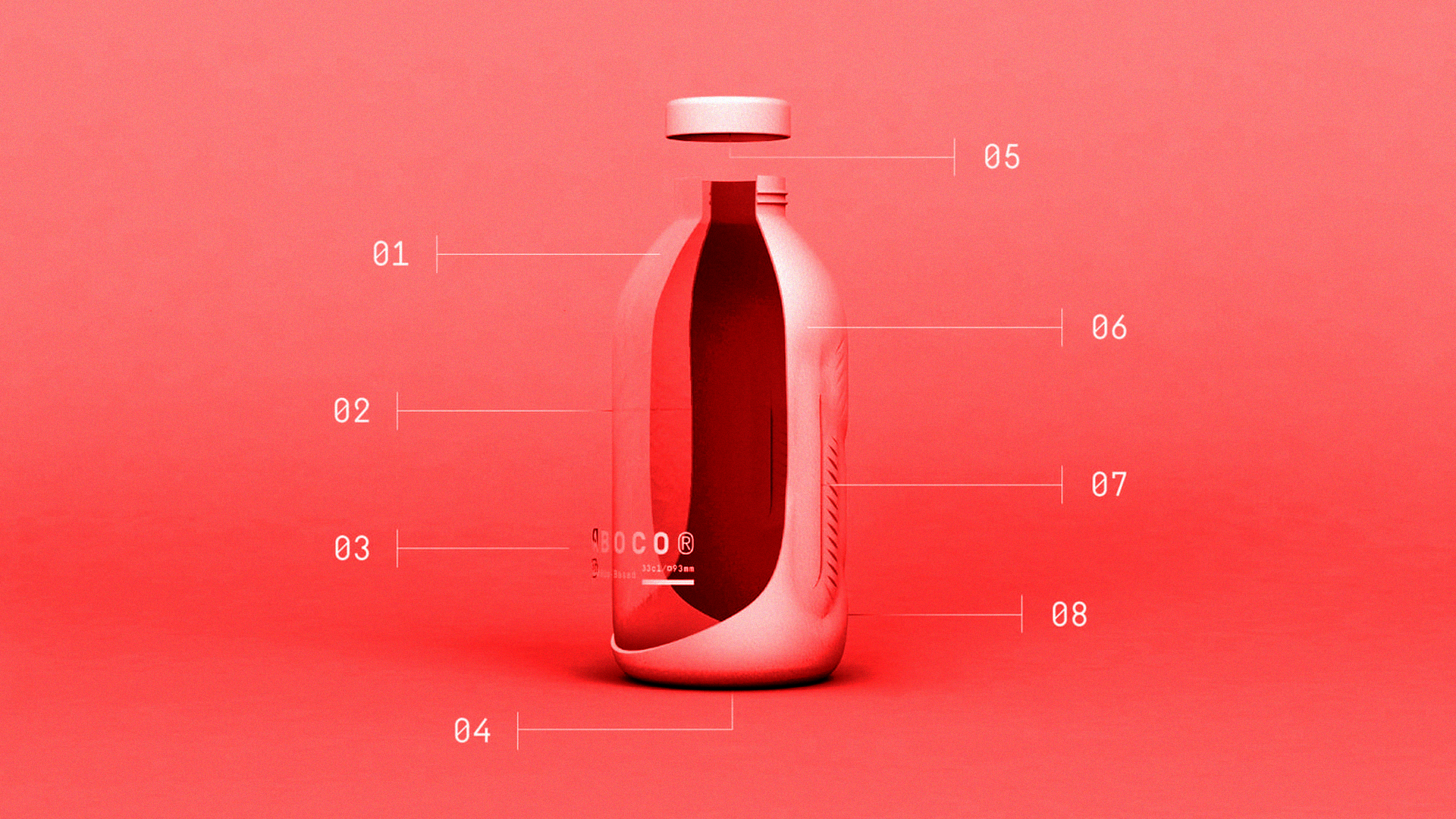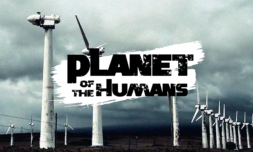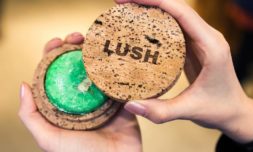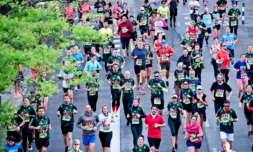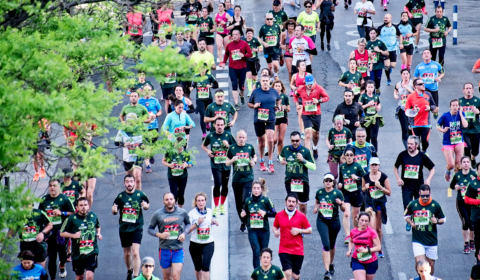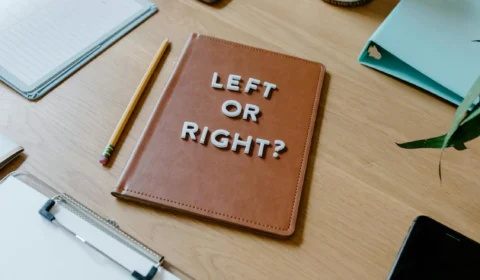Are plant-based plastics and paper bottles actually a good thing?
Before we all go jumping for joy at the thought of cardboard beer bottles, it’s important to note that this initiative isn’t as clear cut as it may first appear. Like most stories surrounding sustainability initiatives, the heart of the issue is complex, and many factors will determine whether or not swapping to plant-based plastics is the best way forward.
Obviously, there are some big benefits. For one, plant-based plastic requires no fossil fuels during production. This lowers the overall carbon footprint for anyone who’s partial to a beer or fizzy drink every so often, which will have a positive impact. However, wood needed for the large amounts of cardboard and paper that goes into these bottles requires farm land and trees, which the Paper Bottle Project makes clear is sourced from sustainable forests. The concern here is that if demand increases and other companies begin producing similar packaging, this may not always be the case.
Plant-based plastic production is similarly complicated to cardboard. Bioplastics are made from extracting sugar from plants such as corn and sugar cane, which is then converted into polylactic acids. The necessity for plants in this process means that fertilizer usage is increased and crops that would be for food are used solely to create bioplastic.
Given that food shortages are a very real thing that are only set to become more common due to climate change, we should be concerned about overusing food sources in the pursuit of a bioplastic utopia. These new types of packaging can be beneficial, but their production must be done via sustainable means.
Right now, the Plastic Bottle Project is only in its early prototypes and is yet to be entirely renewable. In addition, bioplastics have to be recycled using a composter, which is an industrial machine that reaches high temperatures to break the materials down. If these bioplastics don’t end up in the right places, they could become as much of a problem as normal plastics on wildlife in the short term. We’d need more compost structures and better public knowledge on the subject to ensure that we’re disposing of our bio packaging in the correct ways.
If you’re keen to learn more, check out this TEDx talk by fifteen year old Vivian Tan on whether or not bioplastic is a sustainable solution to our current packaging problem.
Is this an example of greenwashing?
No! At least, not in theory. This is by no means the same as Coca Cola branding itself as environmentally friendly but simultaneously pumping out non-degradable plastics into the ocean year after year.
Bioplastic and these new paper bottles do have the potential to radically change our plastic consumption and wastage on a global scale, but how the raw materials are sourced is a huge factor in how effective it’ll be. As consumers, we’ll need to be mindful of how we discard of packaging and make sure that it actually goes to the places it’s supposed to be in. As demand increases it will be a challenge to for these companies to remain entirely sustainable, but the lowering of traditional plastic use is undeniably a good thing.
The Plastic Bottle project will begin by producing 5,000 tonnes of packaging annually, but this is expected to grow as more is required. By slowly replacing our normal plastic production lines, it’s hoped that fossil fuel based plastics will shrink in quantity and make our packaging more sustainable in general.
If you’re wondering how coronavirus has affected plans moving forward, The Plastic Bottle project has reassured investors that production remains on track, and that upscaling will continue throughout the rest of the year. I’m excited to see how paper bottles and bioplastics could radically change the packaging game, and the sooner we get rid of landfill sites the better.
It’s really up to the public to change their habits and become more knowledgeable on how to correctly dispose of bioplastics if we’re to make a real difference, but this is certainly a huge step in the right direction. The Plastic Bottle Company could be providing the first real world change on a huge scale for plastics, and that’s reason enough to have hope for turning around our wastage problem.









